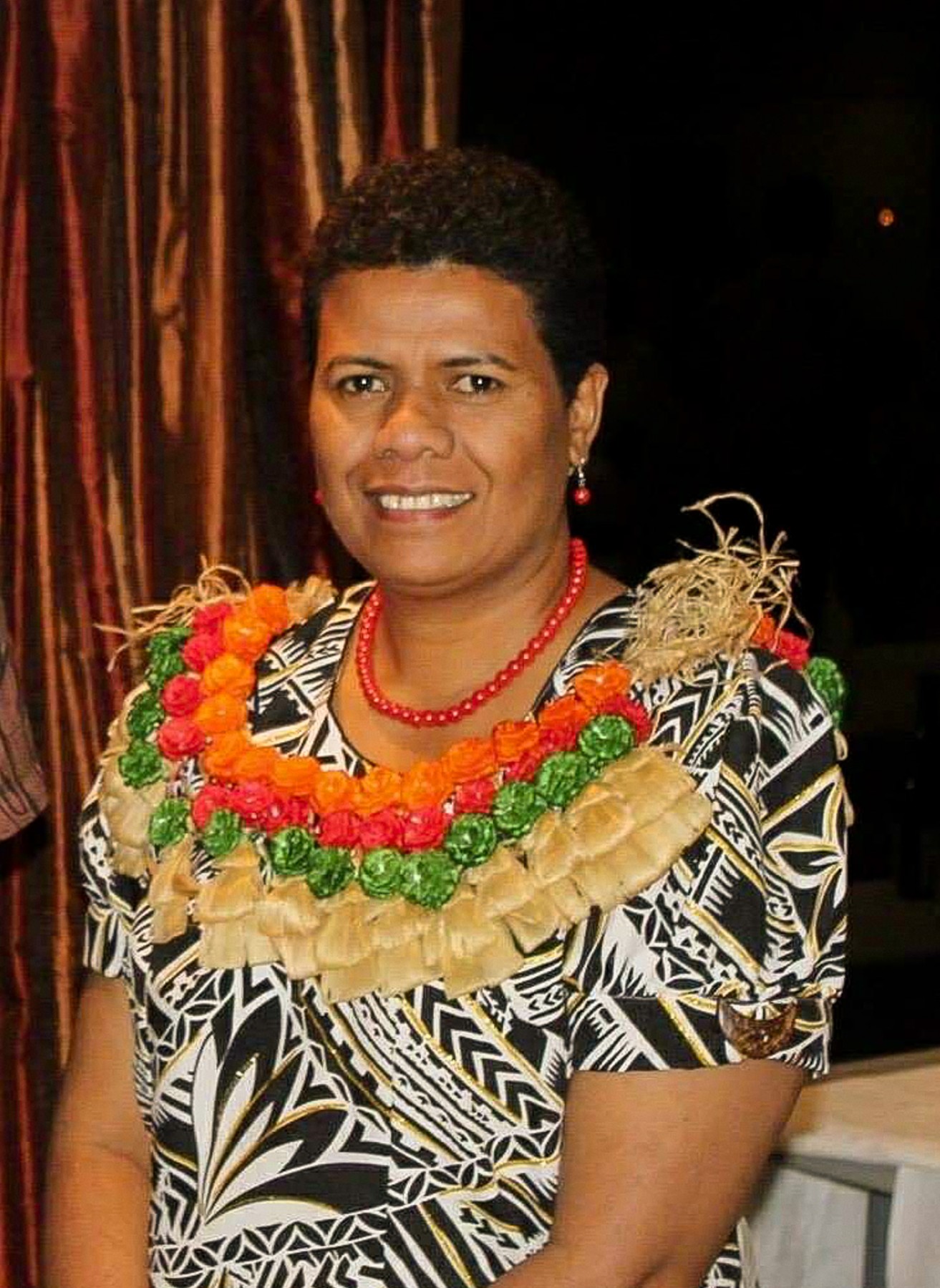My name is Evivi Cirikiwai, I hail from the village of Naqara, in the district of Ono, and the beautiful province of Kadavu. My husband is from Navuloa, Bureta in the province of Lomaiviti. I have been living in Aotearoa, New Zealand, for over two decades. Over this time, my husband and I have raised two boys, both of whom were born in New Zealand. For over 30 years, nursing has been both my career and my calling.
For me, language has always been more than just a means of speaking — it embodies identity, culture, and a sense of belonging. Whenever I meet with other Fijians, whether in church, community gatherings, or casual catch-ups, my heart naturally leans into my mother tongue. Those moments remind me of home, of who I am, and of the cultural roots that ground me.
Yet, the journey of maintaining and passing on our language has not always been simple. Living in a country where English is the dominant language, my boys grew up surrounded by it — at school, with their friends, and in everyday life. As a mother, I often felt the tension between wanting to nurture Fijian at home while also acknowledging that English made their lives easier in this environment. At times, I worried about whether they would value or even hold onto the language that shaped so much of my own identity.
This year’s Language Week theme — Na noqu vosa me na tekivu mai vale | My language starts at home — speaks directly into my journey. It is a reminder that the foundation of language begins in the everyday rhythms of family life. Home is where the seed of language is planted and nurtured, and also where culture is kept alive. We speak and learn the language at home through our broken conversations and by listening to different genres of Fijian music (my younger son’s favourite at the moment is “polotu”); the meaning of words in the lyrics and the story it tells is explained when it’s not understood. Language is carried in our greetings, in our laughter, in the prayers we share, and in the stories we pass down.
For me, this theme challenges and encourages me to keep language alive within my own home. Even though my boys may not speak Fijian fluently, every word they hear, every phrase they repeat, and every cultural practice they witness and participate in becomes part of their inheritance. I believe it is not about perfection but about presence — allowing them to grow up knowing where they come from, even as they make their lives here in New Zealand.
Looking to the future, my hope is that my children and generations to come will carry our language with pride and confidence. I want them to know that speaking Fijian is not only about words, but about identity, connection, and resilience. My aspiration is to strengthen my own language use at home and to continue weaving it into daily life, so that our family remains rooted in the beauty and strength of our culture.
Because when our languages thrive, so too do our people.
“Na vosa e sega ni yali kevaka e dau vakayagataki wasoma e vale. Meda taqomaka, meda vakabulabulataka, baleta ni vosa e i vakadei ni noda bula vaka iTaukei.”
(Language will never be lost if it lives within our homes. Let us protect it, let us nurture it, because it is the foundation of who we are as iTaukei.)

